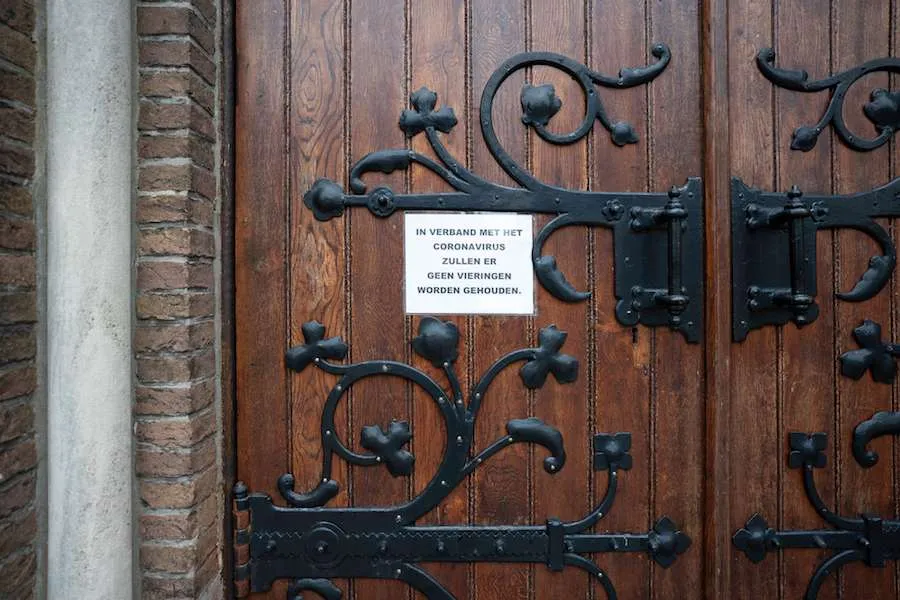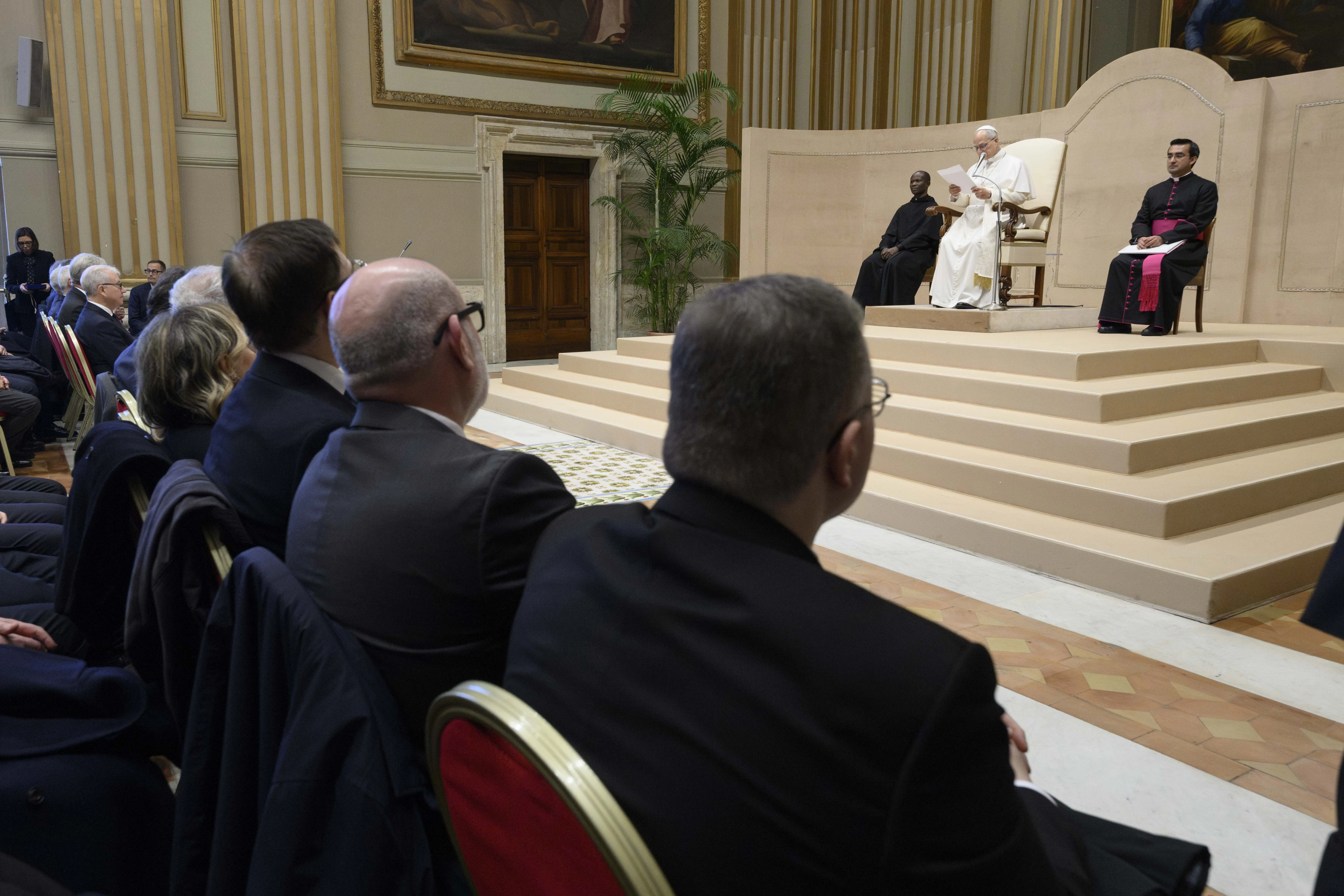The Archdiocese of Kansas City last week conveyed to priests that cell phones can be used during sacramental confession, as long as both priest and penitent can see one another during the call. The archdiocese even suggested that priests use a Google Voice number in order to avoid distributing their cell phone numbers.
The archdiocese declined to comment to CNA about the suggestion, and especially about the privacy concerns that the use of the Google Voice platform, or an unsecured cell phone, might represent for a sacrament ordinarily offered in strictest secrecy.
But whether the archdiocesan policy is canonically permitted is, at the moment, ambiguous. A Peruvian bishop last week rescinded a permission he’d granted for confession-by-phone, because, he said, it was not clear to him that the Holy See would permit such a thing, even if it were sacramentally possible.
Clarity on the question, especially as more dioceses face “shelter in place” orders, seems likely to become immediate for many priests.
In at least one U.S. diocese, the Archdiocese of Chicago, priests have been told that during the pandemic, the emergency celebration of baptism requires permission of the bishop— despite canonical norms permitting anyone, even a layperson, to celebrate baptism in a true emergency, in which, presumably, an ordinary minister of baptism can not be quickly reached.
(Story continues below)
At the moment, it is unclear how much authority various diocesan restrictions- on both the ministers of the sacraments and their would-be recipients- actually carry. The policies seem to be, at the very least, praeter legem, beyond the law.
To be sure, some bishops would contend that these restrictions are regrettable but necessary to save lives and halt the spread of disease.
The threat of the pandemic to human life is so immediate, they would argue, that extraordinary measures are necessary - even to the point of denying the faithful their right to the sacrament of mercy.
On the other hand, this argument rests on the immediate nature of the public health emergency, which itself seems to contradict the new restrictions.
The premise that the danger of death is real and universal creates a rational feedback loop. For example, the same extreme circumstances said to justify sweeping limits on priests hearing confessions at the same time triggers the Church’s de iure permission and duty for all priests, even laicized ones, to hear confessions and absolve sins.
Meting out what is, and is not, permissible is likely to become an urgent priority for the Vatican’s canonical and sacramental offices - it may be already. While the fog of war, so to speak, has mostly shrouded decisions in the early months of the global pandemic, if the status quo continues, hard questions from Catholics are going to require clear answers.
Canonists will likely insist that the law already provides for most emergency circumstances, and that making new policies on the fly, in the middle of a crisis, is rarely a good idea. But public health officials and others are likely to push for ongoing stringent measures, and with good reason.
While it seems quite clear that bishops worldwide are acting in good faith to respond to a crisis, eventually they too will want definitive norms upon which to hang local policies.
Universal law - and the universal legislator, Pope Francis - is likely to soon face calls from those bishops for a systematic treatment of those questions- especially if members of various bishops' conferences find themselves locked in disagreement.
While the Vatican has issued some policies, Pope Francis has also warned in recent days that “Drastic measures are not always good.”
“May the Lord give [pastors] the strength and also the ability to choose the best means to help,” the pope said at the beginning of Mass March 13.
“Let’s pray for this, that the Holy Spirit may give to pastors the ability for pastoral discernment so that they might provide measures which do not leave the holy, faithful people of God alone, and so that the people of God will feel accompanied by their pastors, comforted by the Word of God, by the sacraments, and by prayer.”
While no serious canonists question the bishop's right - even prudence - to suspend the public celebration of the Mass during an emergency, the liceity of other suspensions is decidedly less clear. Amid the various unforeseen and unexpected challenges of a global pandemic remains the salvation of souls - the supreme law of the Church.








